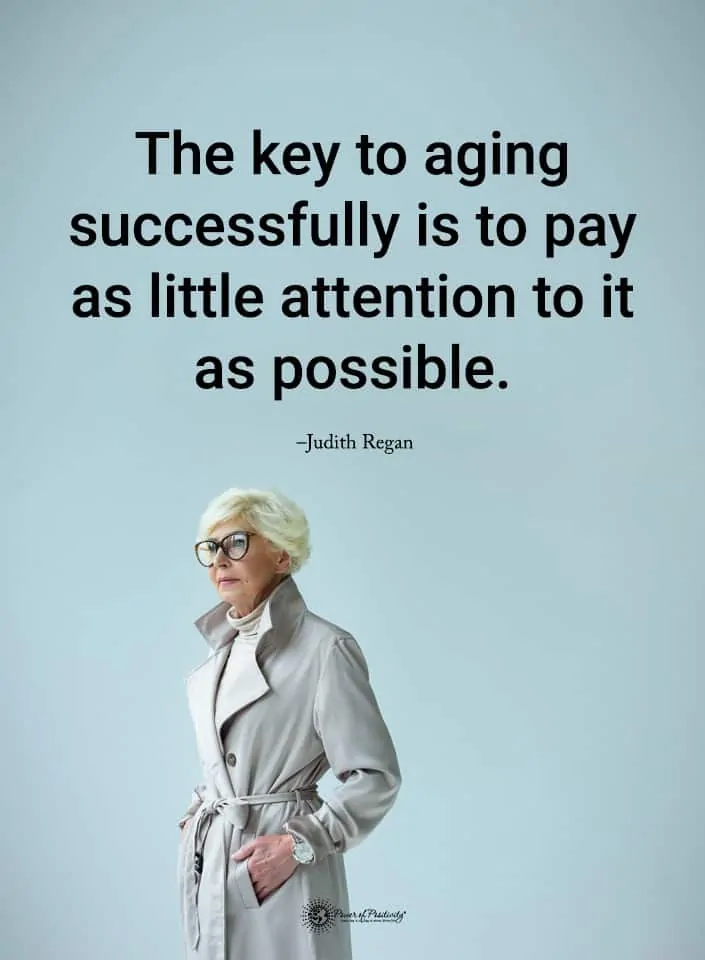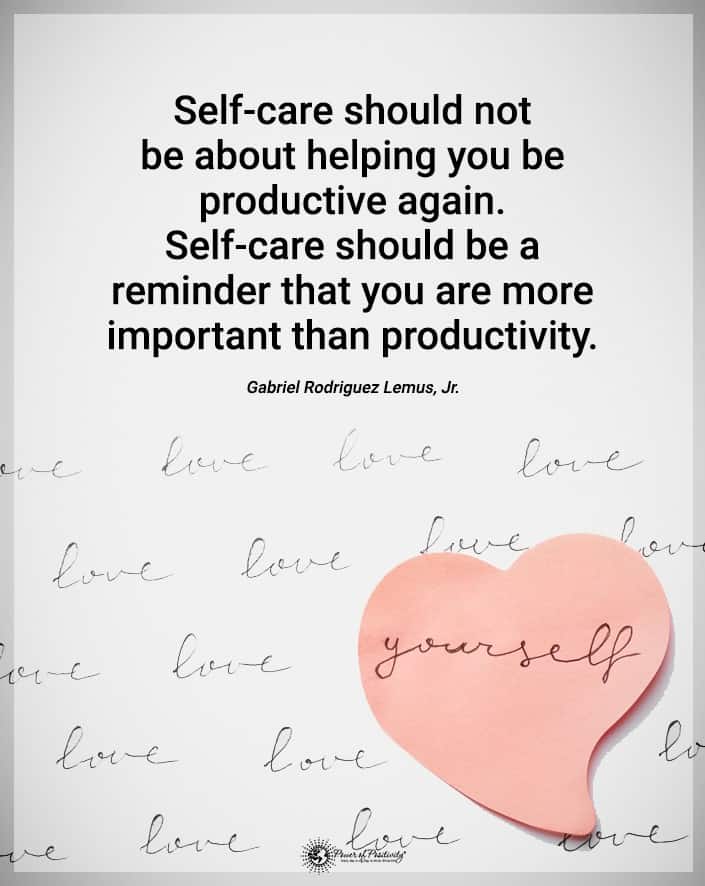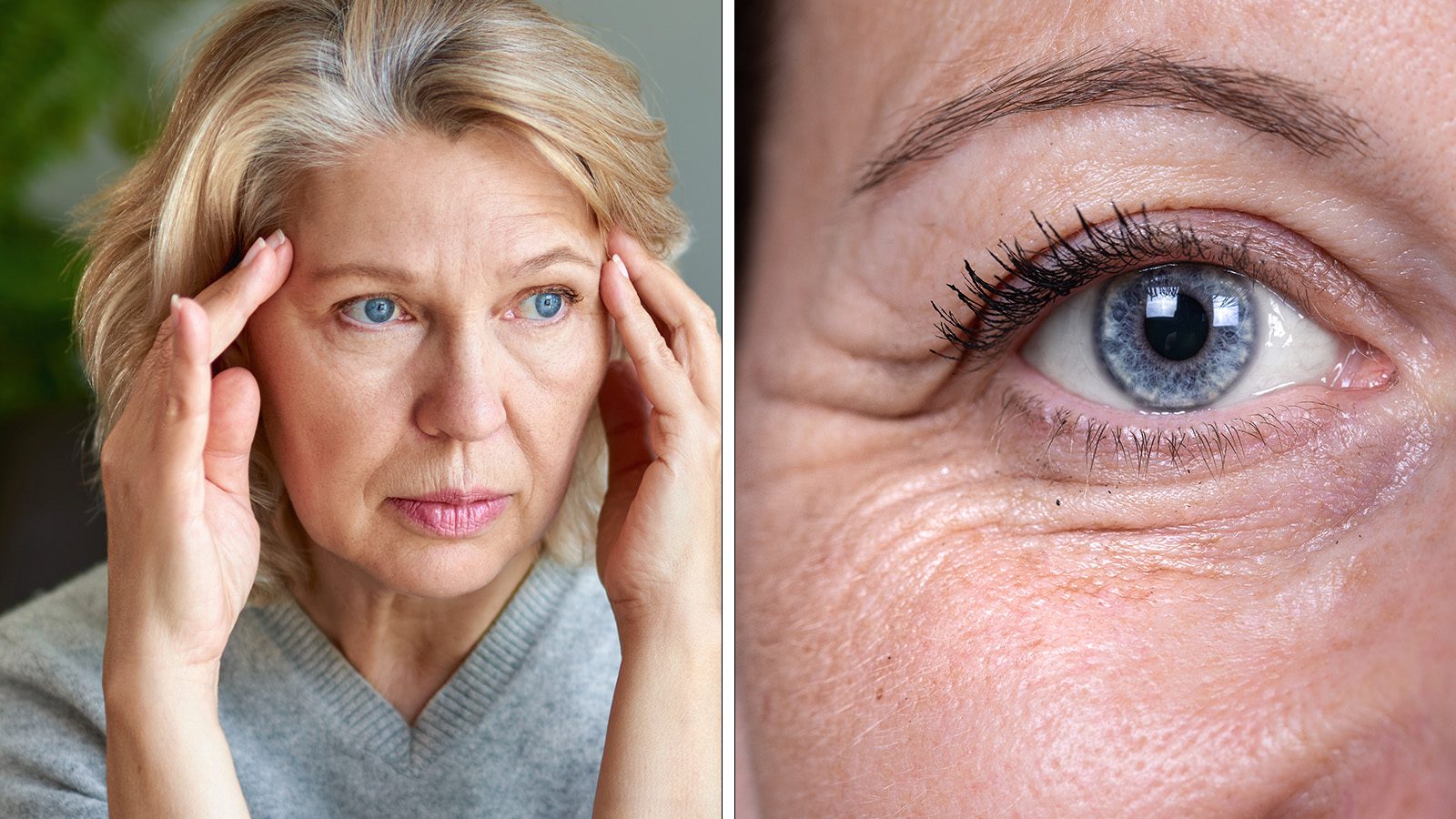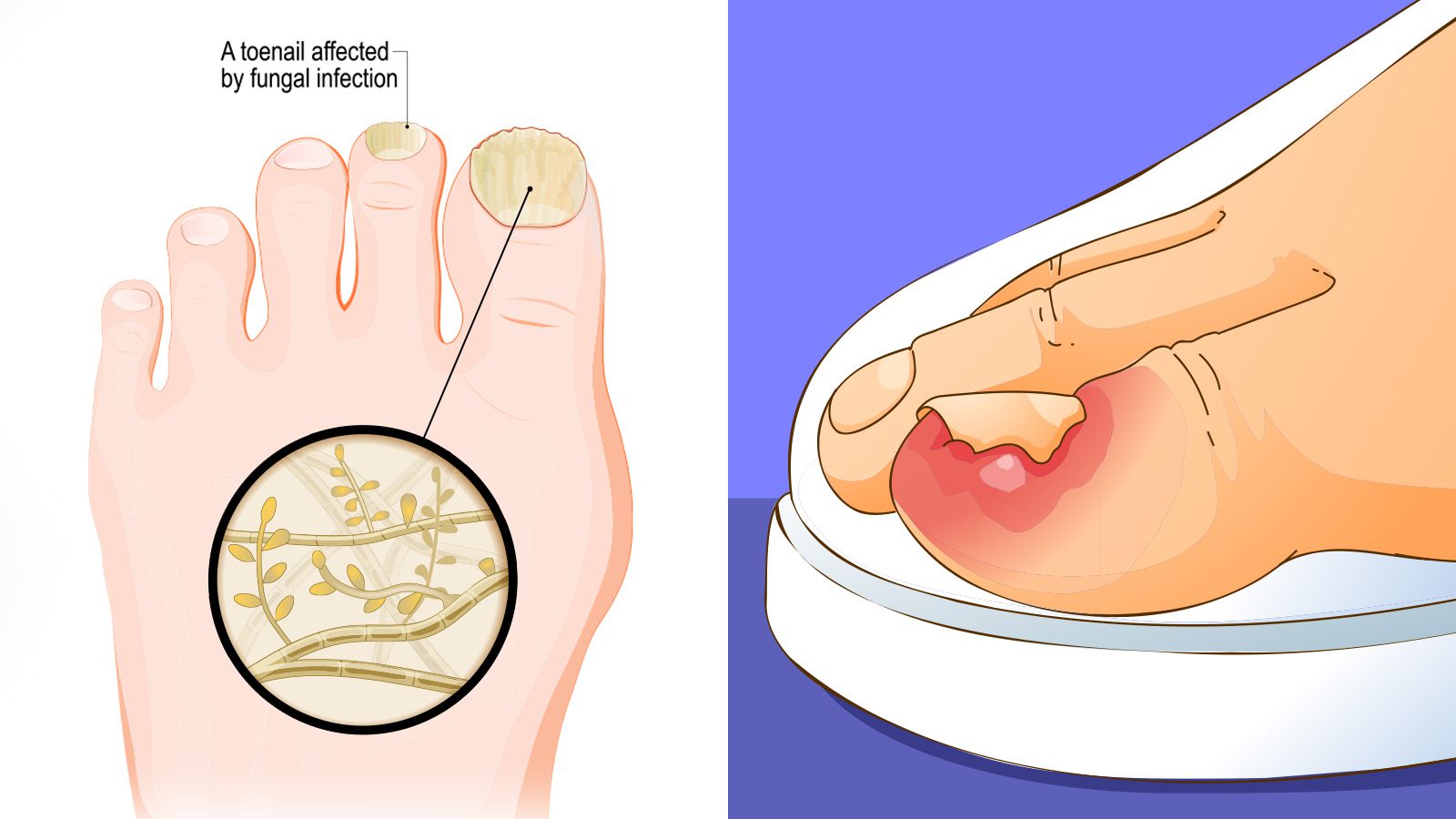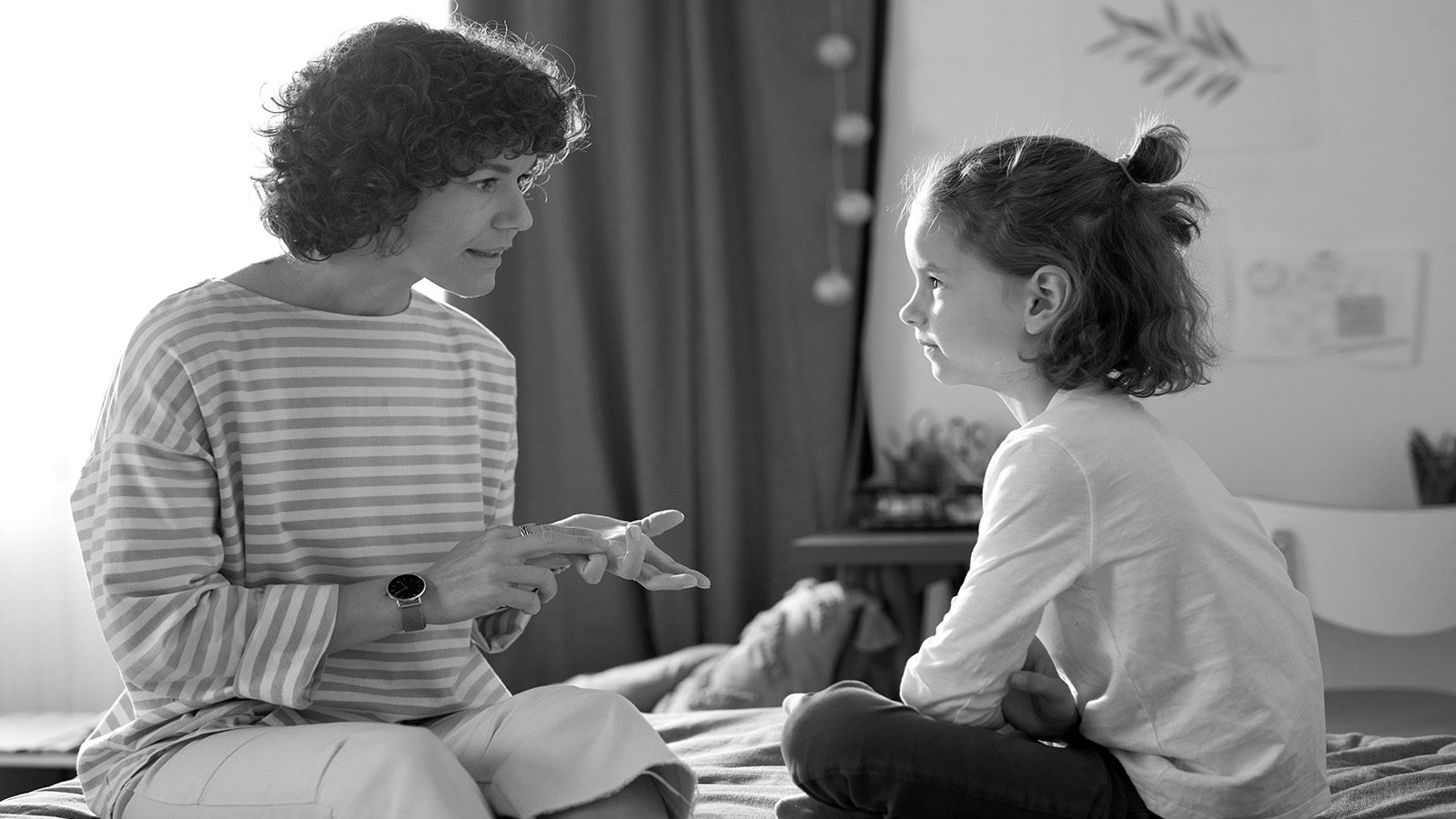Our bodies are an amazing work of art. They tell us all we need to know about our health through subtle yet undeniable signs. The problem is that we are often too busy or afraid to pay attention to what they’re telling us. When we listen, we can take corrective measures, attack ailments and set ourselves up for long-term health.
While the outward signs of premature aging might make us feel “old,” it can also signify that something is happening inside our bodies. As with any change in our body, if it is chronic and can’t be attributed to a specific event, you should always check in with your doctor.
Of course, any sign of aging considers our genes, environment, and lifestyle. Not all aging nor all signs are created equal. So when determining whether we’re aging quickly or not, it’s important to understand our personal history.
Here are 5 signs you are aging too quickly:
A Fading Smile
We chew, chomp, sip, crunch, and gnaw our way to a fading smile. It’s no wonder that everyday wear and tear and the natural aging process will eventually take a toll on our pearly whites. Tooth enamel wears down over time thanks to certain types of foods and, as a result, our teeth take on a yellow hue. The biggest threat to our smile is sugary foods and drinks plus caffeine.
The Fix:
- Lighten up on sugary foods, caffeine, and carbonated soft drinks.
- Try to avoid frequent snacking because this increases acid levels in the mouth, contributing to poor oral health.
- Eat more fresh fruits and vegetables. This will help put your body in an alkaline state and create strong, healthy teeth.
Thinning Eyebrows and Lashes
In general, aging causes hair to thin, and the changing hormones in our bodies can make our eyebrows and lashes look patchy and sparse. Years of grooming, tweezing, and beautifying damage the follicles, making it harder for hair to grow.
The fix:
- Add foods to your diet that support hair growth, such as ones with Vitamins A, C, and E.
- Massage coconut oil into affected areas to help stimulate hair growth.
- Exfoliate with a sugar/coconut oil combination to increase circulation to the area.
Red Eyes
Red eyes are not only a result of a late night, a summer cold, or allergies, but chronic red eyes can also signal other ailments in your body, specifically inflammation. Inflammation and aging are closely related because as we age, our bodies produce small levels of inflammation that are associated with joint pain, arthritis, and even Alzheimer’s.
The Fix:
- Evaluate your diet and add more green tea, antioxidant-rich berries, and Omega-3s.
- Create a natural eyewash of chamomile tea or use a warm chamomile tea bag as a compress.
- Add a drop of castor oil to the corners of each eye with a clean dropper.
Changes In Skin Tone and Texture
It’s no surprise that we will experience changes in the tone and texture as we age. Just how quickly this happens is usually a result of our health habits, including our diet, exercise and sleep patterns. There are also environmental causes to aging skin, including frequent exposure to the sun and pollution.
The Fix:
- Use natural sunscreens. You can even make your own using coconut oil, olive oil, and zinc oxide.
- Us a scrub of sugar, baking soda, and yogurt to gently exfoliate and brighten the skin.
- Cab the skin with liquid Vitamin K to lighten age spots.
Dull & Brittle Hair
Changes in hormones that happen as we age are probably the primary reason for the dull, brittle and thinning hair. There are other factors, such as frequent stress, medications, and not to mention excessive styling, coloring, and other chemical-laden products we tend to use on our locks. As we age, we must be kinder to our hair and scalp to keep the follicles healthy and productive.
The Fix:
- Eliminate harsh chemicals from your hair-care routine and use protein-rich natural products instead.
- Consider adding a dose of biotin to your daily supplement regimen.
- Massage warm oil into your scalp once a week.
- Reduce the number of times you wash your hair per week.
Everything we do to take care of our bodies has the power to enact an immediate change. Of course, we can’t control hereditary factors, but we can control many of the things that cause premature aging. It’s not hard to practice caring for our body and, ultimately our long-term health, but it does take work.
Here are some general guidelines to consider:
- Control stress and anxiety levels with meditation and yoga.
- Keep joints healthy through daily movement.
- Control blood sugar levels with farm-fresh, organic foods.
- Take supplements to ensure adequate vitamin and mineral levels.
- Get at least 7-8 hours of sleep per night.
It’s not hard to see that a simple, healthy lifestyle not only promotes a healthier body, but also contributes to a healthy looking one. Use the signs of pre-mature aging as a wake-up call and take heed. Get an annual physical and then begin making small changes. The bottom line is we should be good to ourselves; our bodies deserve it.


